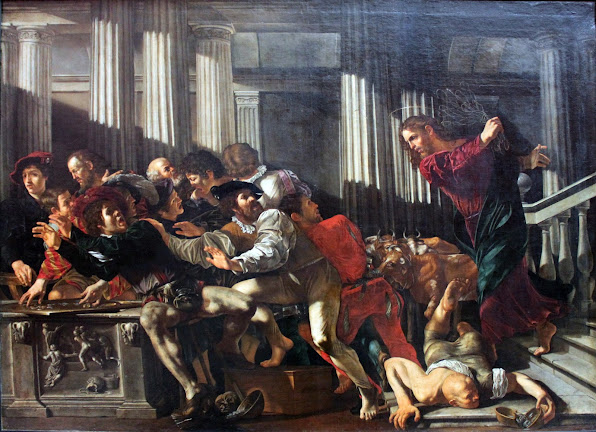Watching the Christmas Celebration on the set of The Chosen, the performers and the audience in the song Joy to the World, I was reminded of Revelation 7:9-10:
After these things I looked, and behold, a great multitude which no one could count, from every nation and all the tribes, peoples, and languages, standing before the throne and before the Lamb, clothed in white robes, and palm branches were in their hands; and they cried out with a loud voice, saying, “Salvation belongs to our God who sits on the throne, and to the Lamb.”
This is God’s plan. It is noteworthy that Isaac Watts originally penned ‘Joy to the World’ about the second coming of Christ.
The current push for diversity, equity, and inclusion in secular politics falls short of God’s plan for His glory. As Bishop Robert Barron pointed out, these are subordinates of God’s standards of love and justice, but not the whole of them. As we work to make our society measure up to divine standards, let us not forget that there are other societies. Not all were visible on the set of the Chosen Christmas celebration, nor could they be.
We know that Christianity has spread to the large people groups in the world. Besides Europe, the Americas, and Australia, there are churches in virtually every nation in Asia. The China Inland Mission propagated the gospel to the Chinese people over a century ago. The Africa Inland mission evangelized many of the people of Africa during the 19th and 20th centuries. Islam includes Jesus as a prophet, despite denying His deity.
Unfortunately the Great Commission is not complete. Wycliffe Global Alliance reports that there are 1892 languages, spoken by 145 million people, for which translation of the Scriptures still needs to begin. These represent the last vestiges of the confounding of the languages that occurred at the Tower of Babel (Genesis 11:7-9). Although the Holy Spirit gifted the early disciples with new tongues on the day of Pentecost to speak of God’s mighty works (Acts 2:4-11), they were not immediately transported to the far reaches of Africa, Asia, or the South Pacific. This is unfinished work for the church.
Let us keep our priorities in order. The highest priority is God’s glory through the revelation of His nature and character, in our lives and in the world. Attributes of His nature and character include (but are not limited to) justice and love extended to every human being, which therefore motivates us both as to how our society treats various ethnic and social groups (e.g., illegal immigrants), and also sharing the gospel with those in the remotest parts of the world. To keep diversity, equity, and inclusion in context, God’s glory is the paramount value. We are called to fulfill His commands, which include both justice and love, and the Great Commission. (Matthew 18:19-20) Jesus earnestly desires all to join in that eternal worship.











